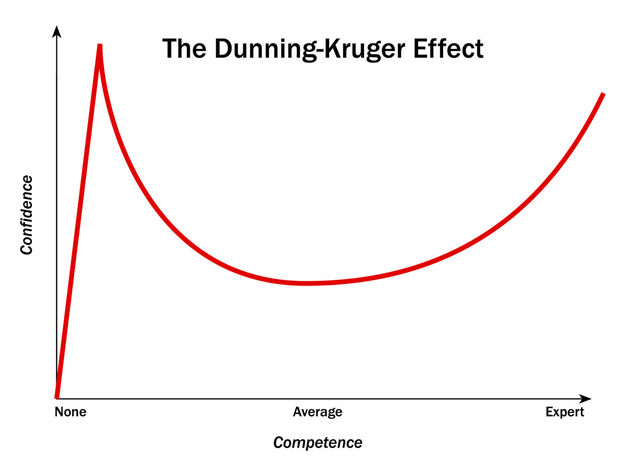The main benefits of county training are high acuity, lots of procedures, and a broad scope of practice compared to an ivory tower. The ivory tower tends to get the weird stuff- sick congenital kids, transplant kind of stuff etc. Community would probably be a little more ready for the actual practice of community EM.
The main issue with county folks is they show up and act like they're doing the patients a favor and that the patients have nothing to do with their retirement, their vacations, and their kids going to college. They also don't realize that a lot of things are better done in clinic the next day than admitted to the hospital. It's like they're amazed when they find out some people have insurance and real primary doctors who will see them the next morning.
WCI probably has more experience with new grads from various programs showing up to work at Community ER and being aloof or whatnot, but I would hope the majority of county grads figure out that your patient is also your customer and act accordingly. I like to think I wasn't like that when I first started. However, I absolutely was amazed when people could see a PCP the next day.
That all said, I went to a County Program and currently work in the Community and I would say it was an easy transition. The nurses are better, often times techs do your splints and lacs, specialists are more willing to help you out, more toys (MRI), easier admits, etc. In my county residency, drawing your own blood and doing your own IV was not that uncommon. Coming from a county place, I think you do a lot of stuff yourself that someone else might consult, and for that reason alone I'm glad I did County -> Community and not the other way around. I've found that some of the hardest places to train are actually University Programs because you often give up experiences to other specialty residents. Some university programs/attendings have a culture of every peritonsillar needs ENT, every dental abscess needs oral surgery, every hip dislocation needs Ortho, etc. All those guys are just sleeping upstairs anyway, so why not? I was just reading the ACEP throwaway newsletter and there's a Hand Surgeon that complained that ED residents at his University Hospital call ortho residents for paronychias. I think in the community there's an expectation that you handle a lot of that yourself, though certainly that varies from place to place.
The big downside coming from a county place is that often times people don't care about charting/billing. We had 1 lecture in my last yr about how to chart a level 5 chart and why that's important vs a level 3 chart. Also, some county places are hard to sue for malpractice (not entirely sure why) so there's less "defensive charting" done, so when you leave you have to figure out how to do that. Community places seem to stress good charting habits from the get go. Certainly not unlearnable, but I definitely chart a lot different from what I did in residency.
Of course, all programs are different and certainly there are going to be County places with resources and good charting habits and University places that have a do-it-yourself attitude.

